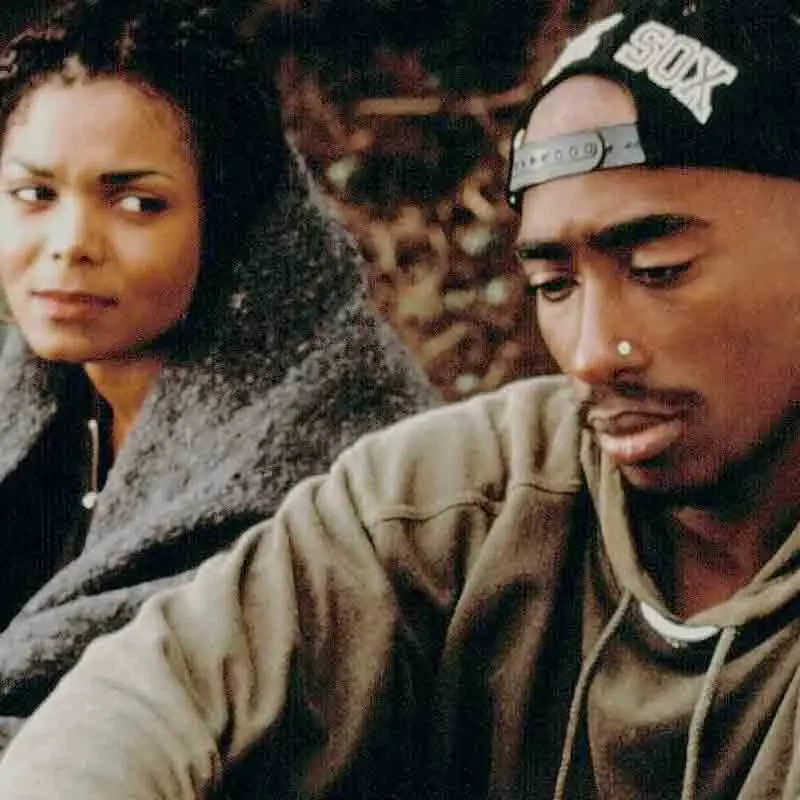Poetic Justice
This year marks the 30th anniversary of the Los Angeles uprising—one of America’s largest and most devastating civil disruptions. On April 29, 1992, four white Los Angeles police officers were acquitted on all but one charge connected with the torture of an African American motorist in March 1991.
Wed, May 11, 2022
